Taking Innovation Abroad
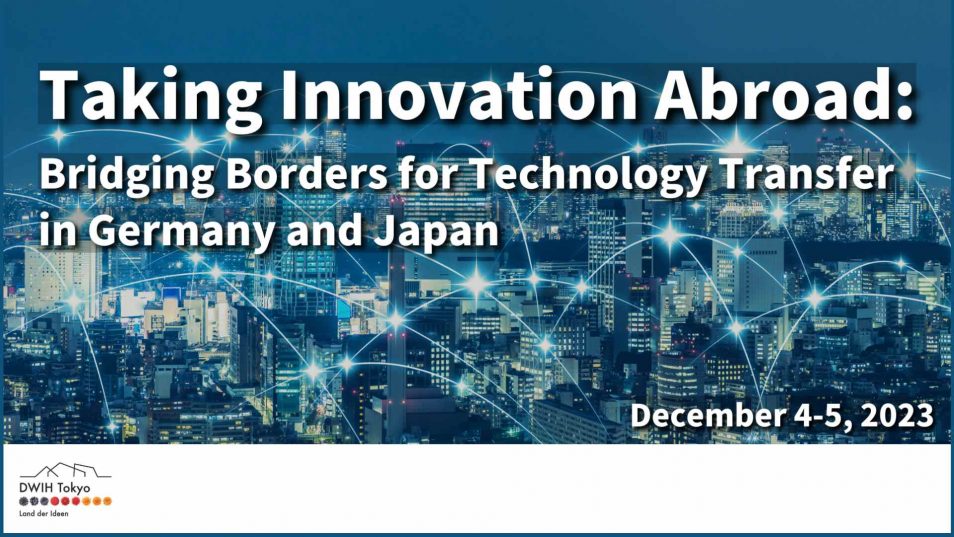 © iStock / chombosan
© iStock / chombosan
We stand at a critical juncture in history not only from a geopolitical standpoint but also in terms of the significance of technological innovation. We need to innovate faster to provide timely solutions for the economic and societal challenges we are facing. Technology transfer, synergies between academia and industry, and international collaboration play pivotal roles in this context.
Germany and Japan are facing similar challenges promoting technology transfer, even as they possess strengths in corresponding technology areas like engineering, precision manufacturing, or medicals/pharmaceuticals. However, the transfer process often remains too little understood, hindering its more targeted promotion. Additionally, transfer structures are still evolving and can benefit greatly from an exchange of experiences and best practices.
Through the examination of case studies from both nations, the two-day symposium “Taking Innovation Abroad” seeks to delve into how Germany and Japan are fostering technology transfer effectively and surmounting associated challenges. The symposium aims not only to identify replicable best practices but also to address challenges collaboratively by facilitating exchange and cooperation within this area. The event will also provide networking opportunities for individuals and organizations interested in expanding their operations to Germany or Japan, connecting stakeholders operating within the same domain.
Presentation Materials, Recording, and Related Information
【Presentation materials (December 4 & 5)】
Dr. Muriel Helbig ”Transfer- Hype or Hope for Innovation?”
Osamu Kobayashi “JST’s Promotion of Technology Transfer and International Cooperation”
Prof. Dr. Koichi Sumikura “Knowledge Transfer from University to Industry in Japan”
Dr. Lorenz Granrath “Technology Transfer from Science to Industry in Germany”
Dr. Lorenz Granrath: „Technology Transfer in Germany” (Article)
【Recording of the live stream (December 4)】
English: https://www.youtube.com/live/VG5wOjzwekw?si=gqsGBl_hEmwYTwpa
Japanese: https://www.youtube.com/live/mXVAeHkhgnE?si=TmcdUyXq67_EFEUG
【Overview of key institutions in the tech transfer landscape】
This event built the foundation for a further exchange on tech transfer in Germany and Japan. You can find an overview of key institutions in the tech transfer landscape on this website: https://www.dwih-tokyo.org/transfer/
【LinkedIn group “Germany-Japan Tech Transfer Network”】
We would also like to invite you to join the Join our LinkedIn group “Germany-Japan Tech Transfer Network”: https://www.linkedin.com/groups/14357098/
【Event report (in German)】
https://www.dwih-tokyo.org/de/2023/12/18/report-taking-innovation-abroad/
Event Recap
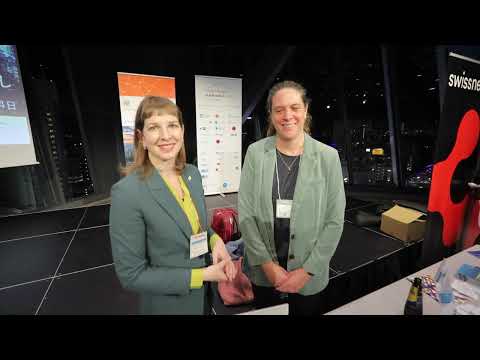
To play the video, click the thumbnail. Once activated data will be transmitted to the respective provider. Watch on YouTube
Program & Speakers
DAY 1: December 4 / Shibuya QWS (hybrid)
[Welcome 15:00-15:15 JST / 07:00-07:15 CET]
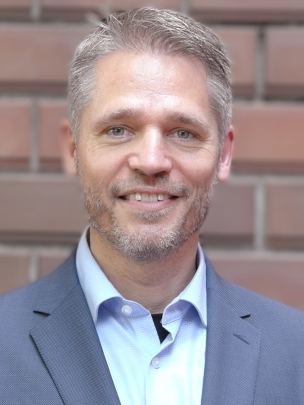 Axel Karpenstein
Axel Karpenstein
Director, German Centre for Research and Innovation Tokyo (DWIH Tokyo) / German Academic Exchange Service (DAAD Tokyo)
[Keynote Presentations 15:15–15:45 JST / 07:15–07:45 CET]
”Transfer- Hype or Hope for Innovation?”
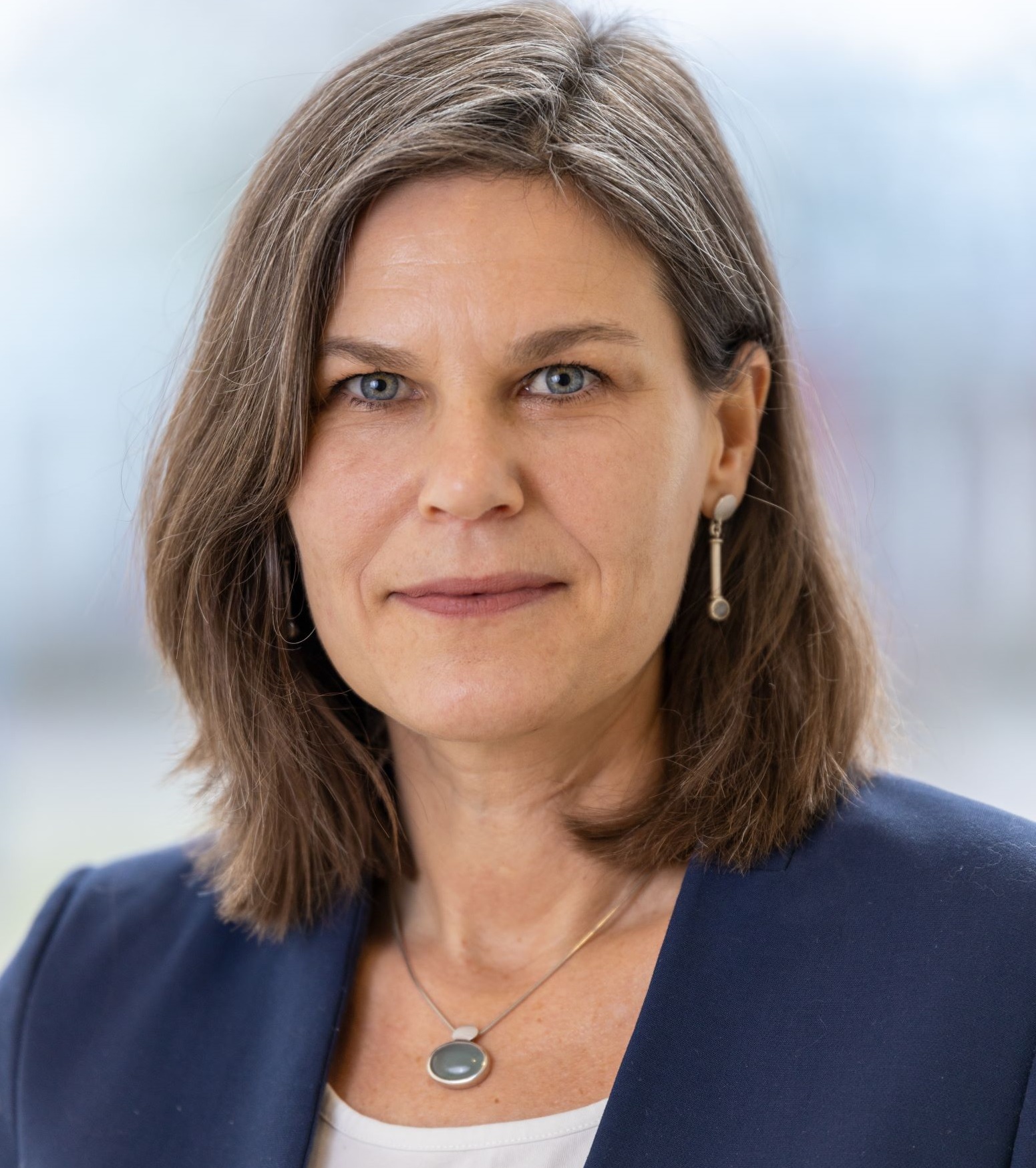
Dr. Muriel Helbig
Vice President DAAD/President, Technische Hochschule Lübeck
“JST’s Promotion of Technology Transfer and International Cooperation”
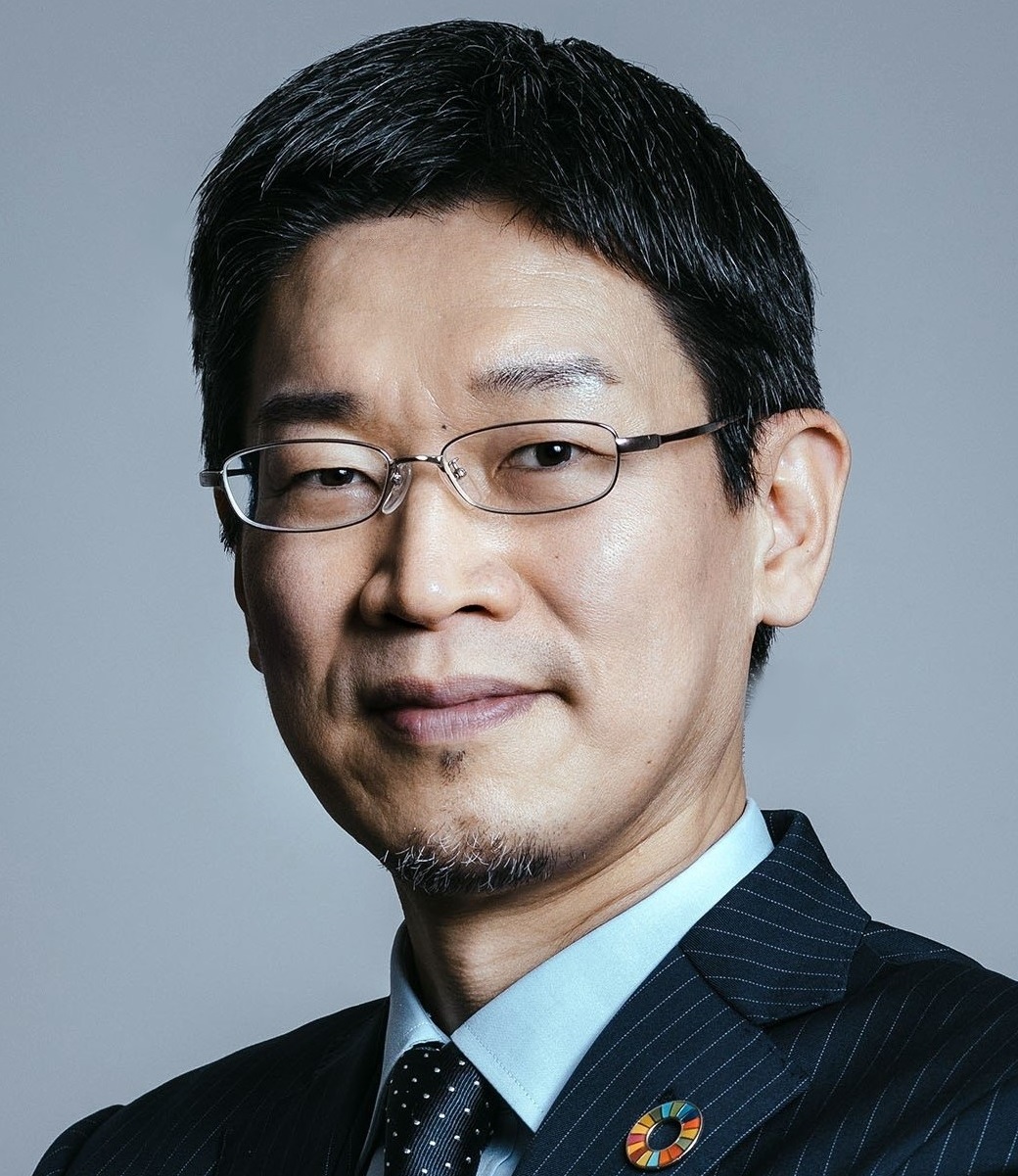 Osamu Kobayashi
Osamu Kobayashi
Director, Department of International Affairs, Japan Science and Technology Agency (JST)
[Discussion 15:45–16:15 JST / 07:45 – 08:15 CET]
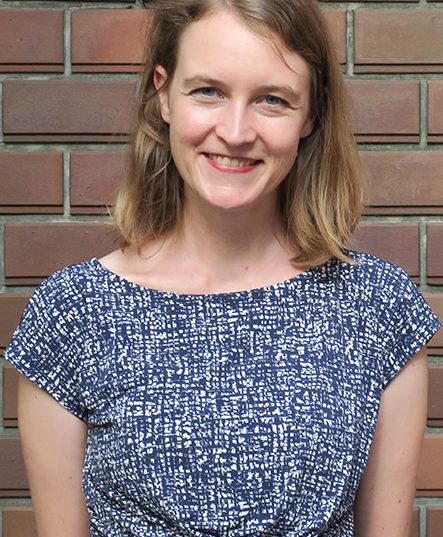 Chair: Dr. Laura Blecken
Chair: Dr. Laura Blecken
Head of Programs, DWIH Tokyo
[Panel Discussion 16:30–18:00 JST / 08:30–10:00 CET]
Panelists:
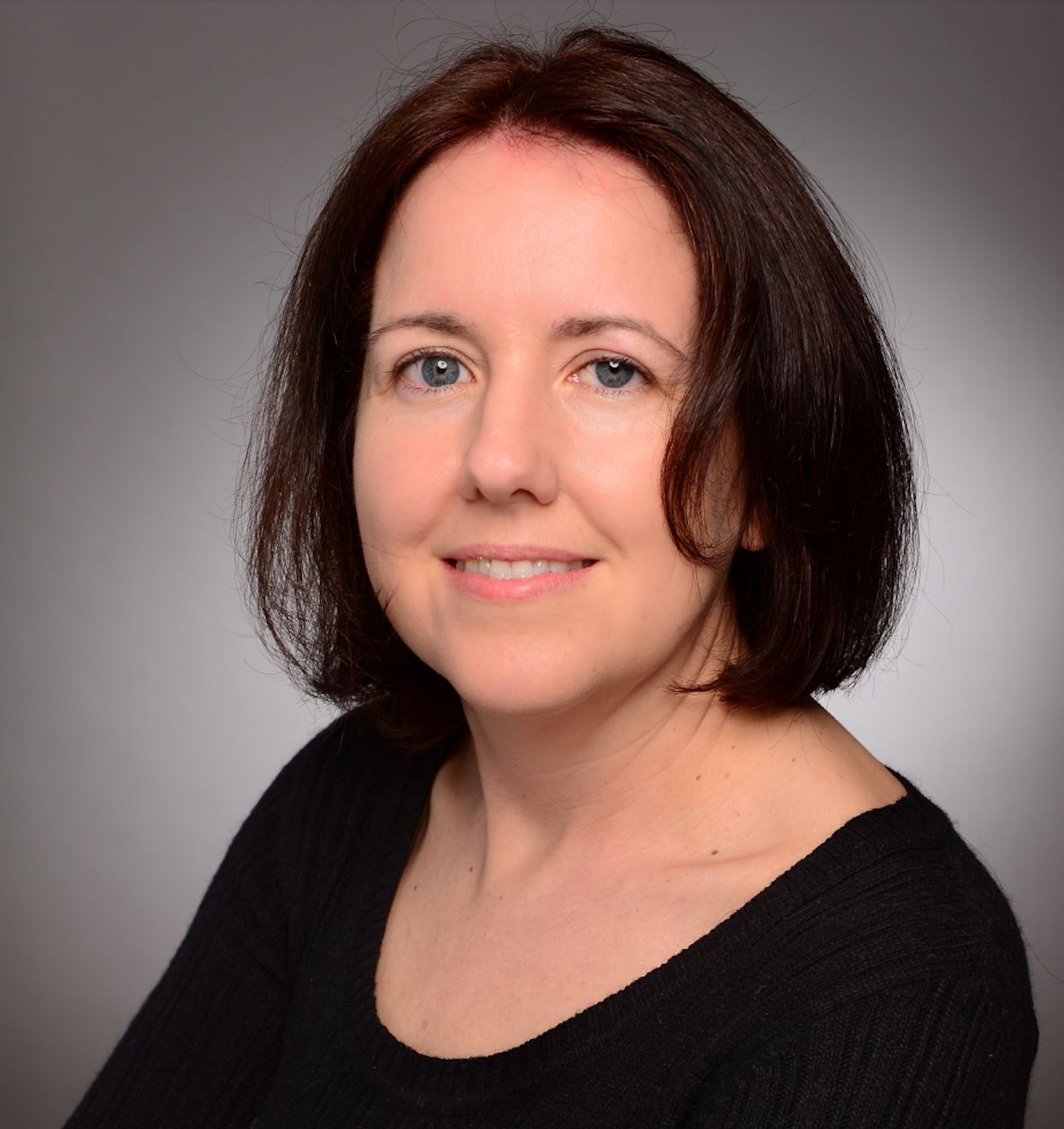 Valerie Daldrup
Valerie Daldrup
International Startup Campus, University of Jena
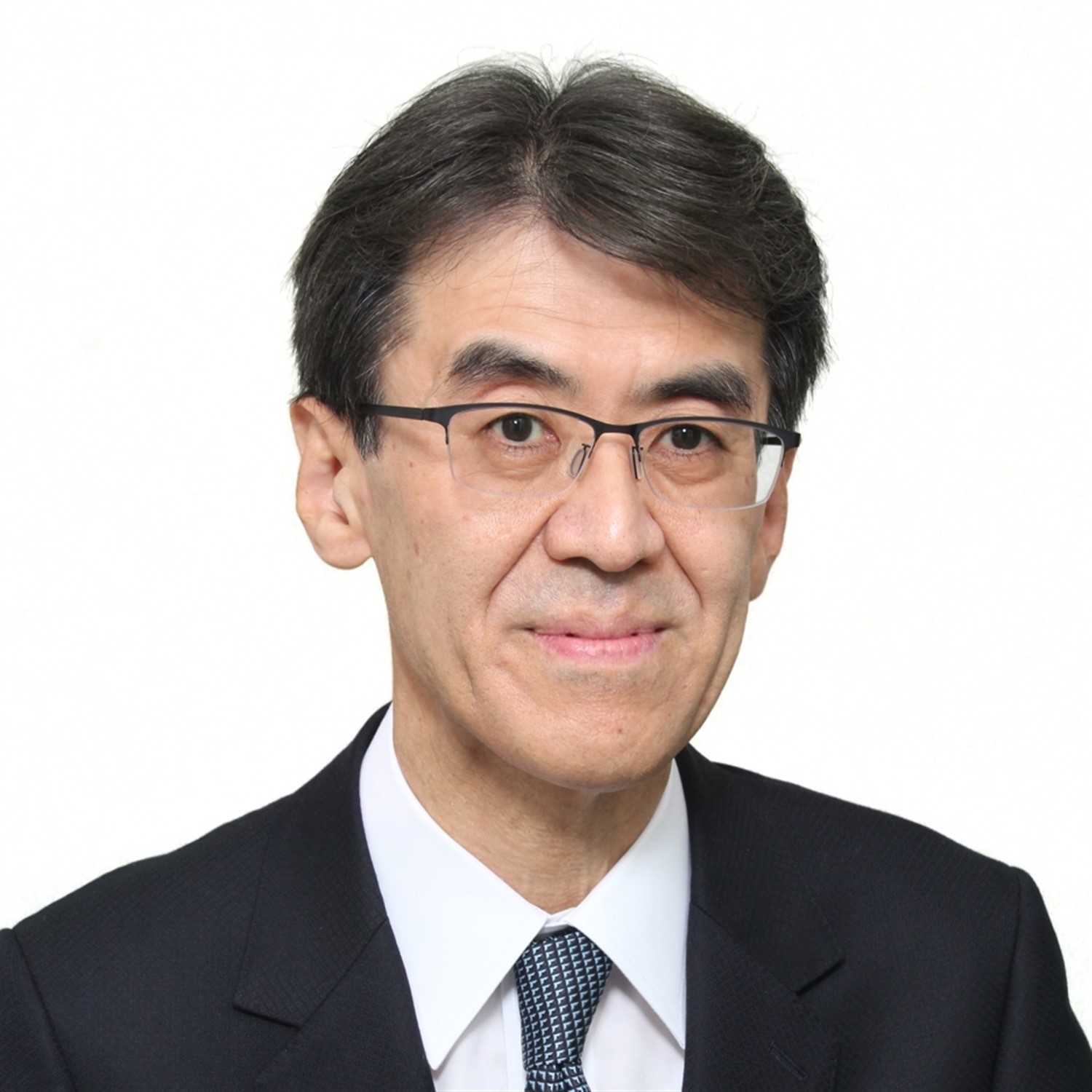 Dr. Koji Yasui
Dr. Koji Yasui
Senior Chief Technologist, Factory Automation Systems Group, Mitsubishi Electric Corporation
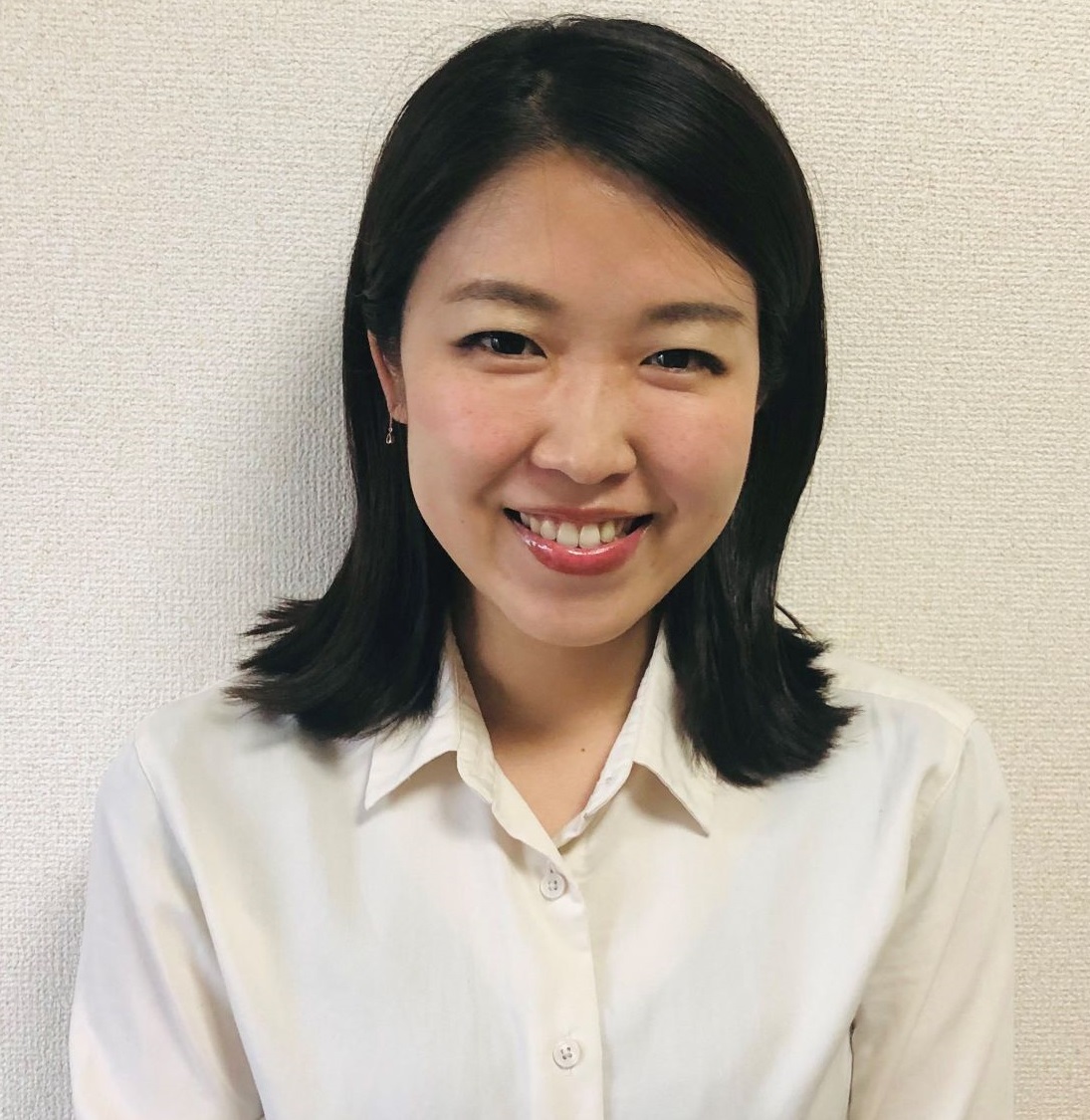 Yuri Kondo
Yuri Kondo
Coordinator for Industry-Academia Collaboration, Campus Create Co, Ltd
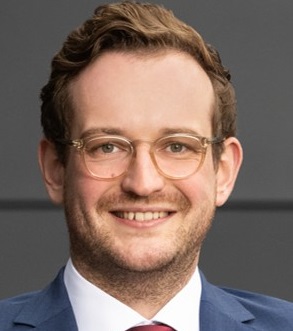 Alexander Kies
Alexander Kies
Community Manager at Fraunhofer ICNAP and Research Associate at Fraunhofer IPT
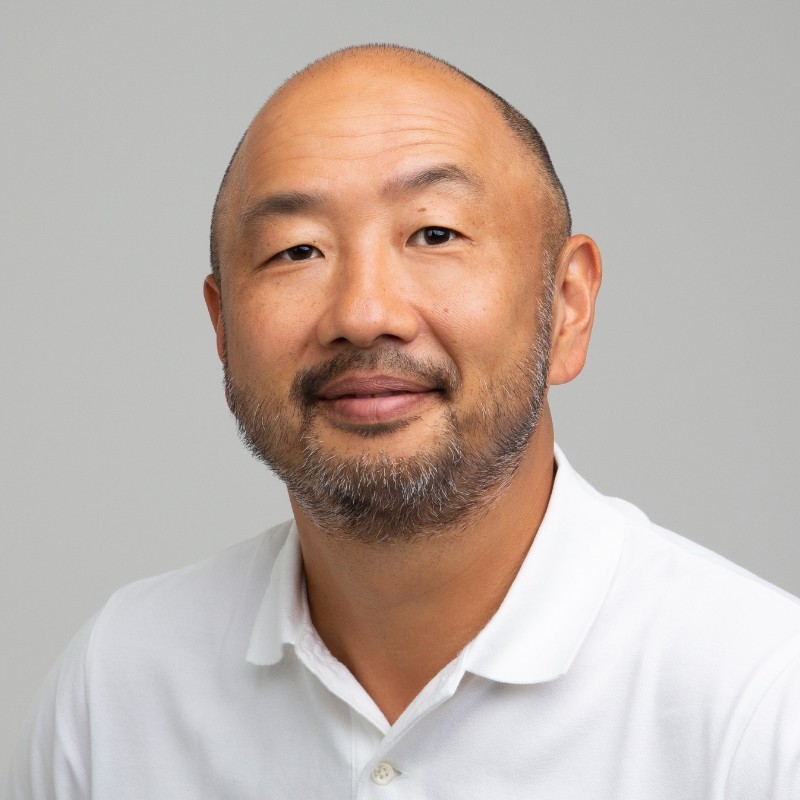
Dr. Hidero Niioka
Entrepreneur, CEO & Founder @ IPNexus, Specially Appointed Associate Professor at the Graduate School of Biomedical Engineering, Tohoku University, Investor
 Chair: Axel Karpenstein
Chair: Axel Karpenstein
Director, German Centre for Research and Innovation Tokyo (DWIH Tokyo) / German Academic Exchange Service (DAAD Tokyo)
[Reception for all onsite participants in Tokyo 18:30-20:30 JST]
DAY 2: December 5 / Online
[Plenary Online Session 16:00-17:00 JST / 08:00-09:00 CET]
Transfer Landscape in Germany / Transfer Landscape in Japan (actors, programs, support structures)
“Technology Transfer from Science to Industry in Germany”
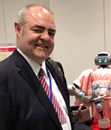 Dr. Lorenz Granrath
Dr. Lorenz Granrath
Japan Representative, IXP Institute for Experimental Psychophysioloy
“Knowledge Transfer from University to Industry in Japan”
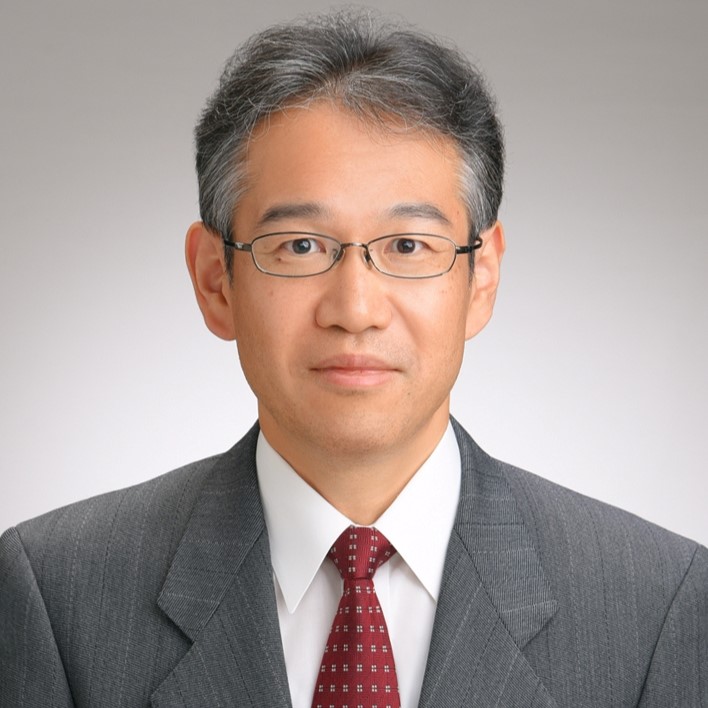
Prof. Dr. Koichi Sumikura
Professor, National Graduate Institute for Policy Studies
 Chair: Dr. Laura Blecken
Chair: Dr. Laura Blecken
Head of Programs, DWIH Tokyo
[Parallel Workshops 17:15-18:15 JST / 09:15-10:15 CET]
1) Fostering Entrepreneurship
“Building the basis for future careers and innovation – the roles of Universities, (Early Career) Researchers and Scientific Cooperations”
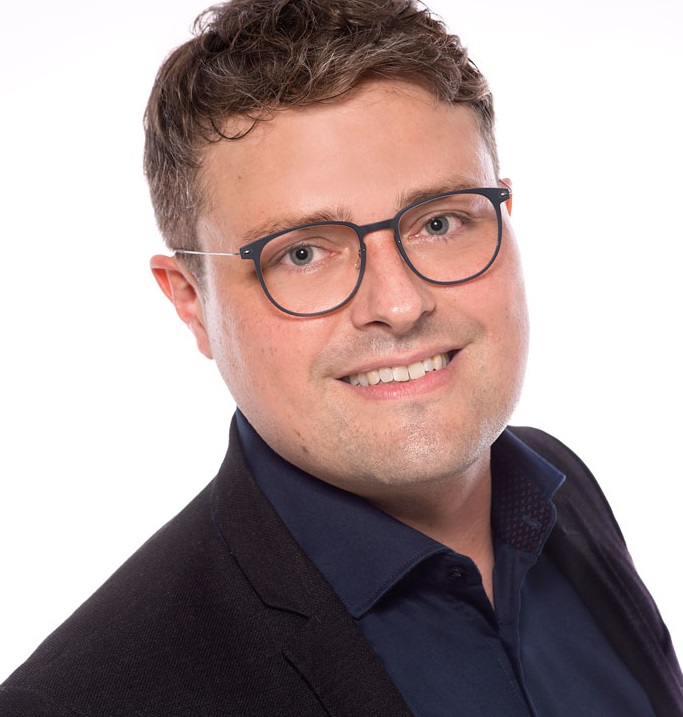 Chair: Dr. Alexander Schwarzkopf
Chair: Dr. Alexander Schwarzkopf
Program Manager International Mobility of Early Career Researchers, Friedrich Schiller University Jena
Abstract of the workshop:
What are the fundamentals to equipping early career researchers with the skills and expertise needed to enter different sectors of the global job market successfully? Which skills are required for entrepreneurship? And how can universities and researchers contribute to fostering entrepreneurship and innovation? This workshop aims to provide insights into the German doctorate and how Jena University supports its early career researchers. Following this, we will have the opportunity to transfer the example into your own experiences and to brainstorm ways to empower researchers from the ground up.
2) Connecting Universities and Industry
“Supporting international transfer – for founders, accelerators, transfer offices”
 Chair: Axel Karpenstein
Chair: Axel Karpenstein
Director, German Centre for Research and Innovation Tokyo (DWIH Tokyo) / German Academic Exchange Service (DAAD Tokyo)
Abstract of the workshop:
How to Make Technology Transfer Work – Domestically and Internationally?
In this workshop, we will share experiences from Germany and Japan to delve into the most effective strategies for technology transfer. We will address common obstacles such as differing organizational cultures, varied objectives and time horizons of researchers and firms, as well as information asymmetries. Additionally, we will explore strategies for internationalizing technology transfer, such as expanding the activities of your research network or startup to Germany or Japan.
This is an interactive workshop – please bring your questions, concerns, and ideas to share with everyone!
3) Optics & Photonics
“Focused technology Transfer in Optics and Photonics through Deeptech Startups: use cases from the Optical Valley, Jena”
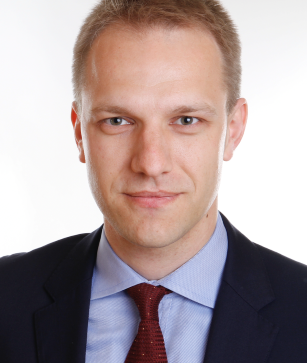 Chair: Dr. Sebastian Händschke
Chair: Dr. Sebastian Händschke
Digital Innovation Hub Photonics (DIHP)
Abstract of the workshop:
Optical Valley Jena: Entrepreneurship and technology transfer in optics and photonics for more than 175 Years.
Jena is the cradle of moder optics. Its success is commonly based on the courage, drive and commitment of three entrepreneurs: the Weimar precision mechanic Carl Zeiss, the chemist and glass technician Otto Schott and the physicist Ernst Abbe, an outstanding scientist who later became social reformer as a far-sighted entrepreneur. At all began in 1846, when Zeiss founded his workshop in Jena.
This entrepreneurial spirit lives on to this day, carried by the present generation. Their names include Reinlein, Lachmann, Beier. They, too, are mostly from the region. They too combine scientific expertise with the power to translate it into product and service solutions that strive in their respective markets. In doing so, they benefit from the immense depth of knowledge gained from over 175 years of research and application in the region.
Today Jena appears to be a catalyst, too. The valley attracts innovative people who absorb the knowledge, develop it further and gain a foothold with new ideas as promising start-ups in Jena or in Thuringia. In this workshop we will showcase real-life use cases from the Optical Valley in Jena and the world, showing how deeptech startups and research institutes collaborate internationally – with Japan, too – in driving innovation and commercialization.
4) Industry 4.0
“Join Forces for Shaping Networked, Adaptive Production”
 Chair: Alexander Kies
Chair: Alexander Kies
Community Manager at Fraunhofer ICNAP and Research Associate at Fraunhofer IPT
Abstract of the workshop:
How can we overcome the various challenges posed by Industry 4.0 and leverage its potential?
Our approach: Dive into knowledge exchange, cultivate partnerships and ignite joint projects. In a nutshell: let’s build a community to tackle the challenges of digitalization!
At the upcoming workshop, hosted by DWIH Tokyo and Fraunhofer ICNAP, we will jointly discuss with all participants the benefits of digitalizing production and identify approaches of synergistic partnerships in the field of cutting-edge re-search and industrial know-how.
Would you like to learn more about our approach? Join us at the workshop – let’s shape the future of production!
5) Biomedicine
“Accelerating Biomedical Innovation from Lab to Market through Industry-Academia Collaboration”
 Chair: Amina Daca
Chair: Amina Daca
Start-up Support & Innovation Management, Transfer Agency hei_INNOVATION; Heidelberg University
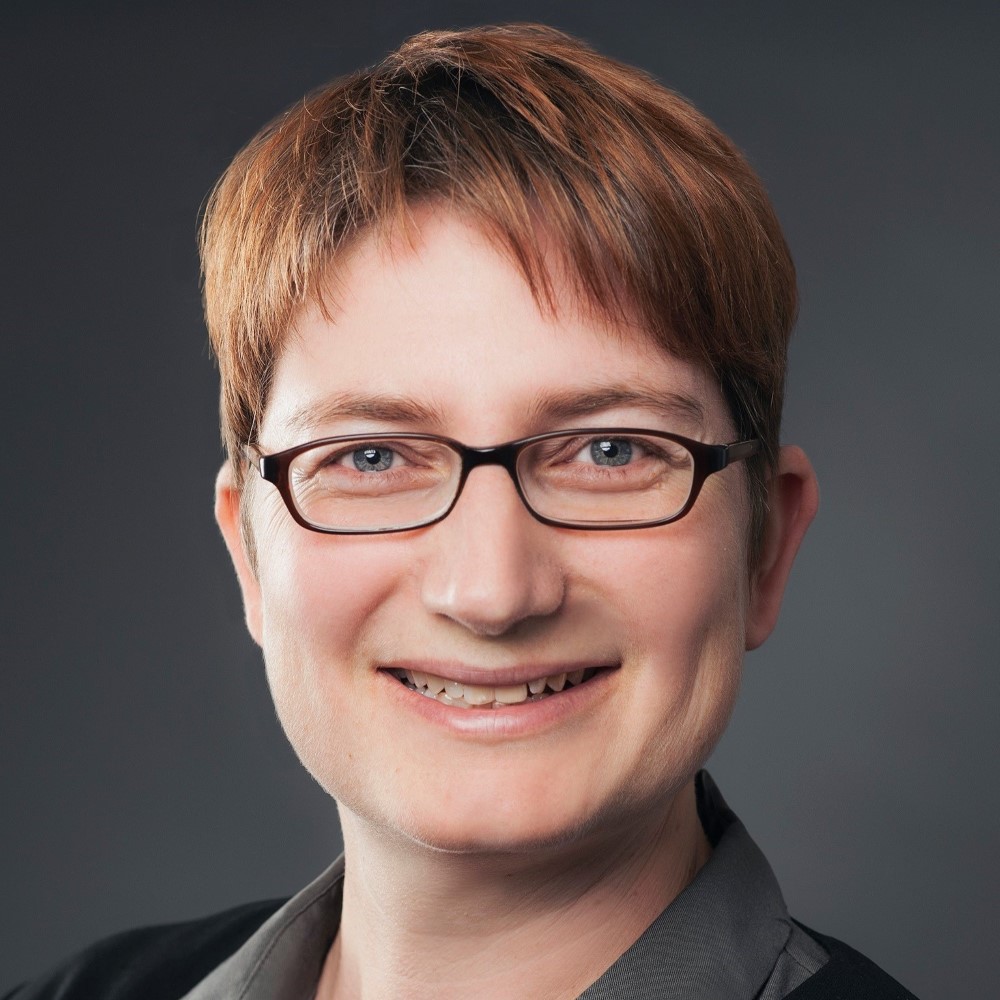 Chair: Dr. Johanna Schwarz
Chair: Dr. Johanna Schwarz
Innovation Scout & Transfer Manager, Transfer Agency hei_INNOVATION; Heidelberg University
Abstract of the workshop:
This workshop explores the synergy between academia and industry in accelerating biomedical innovation from lab to market within the vibrant Life Science Cluster Rhine-Neckar. Highlighting Heidelberg University’s programs, such as beLAB2122 and Sanofi’s iDEA-iTech Awards, and the entrepreneurial support of BioLabs Heidelberg, we aim to map the landscape of life science innovation in Heidelberg. We look forward to discussions on challenges and opportunities in industry-academia collaboration, fostering a dynamic environment for transformative advancements.
The DWIH Tokyo newsletter provides timely information about open calls and events from research and innovation in Germany and Japan: Click here to register for the newsletter in English
Event Information
December 4 to 5, 2023
Hybrid (Shibuya QWS) / Online
Organizer(s): DWIH Tokyo / Co-Organizer: Japan Science and Technology Agency (JST) / Support: Japanese-German Business Association (DJW) , Start2 Group
